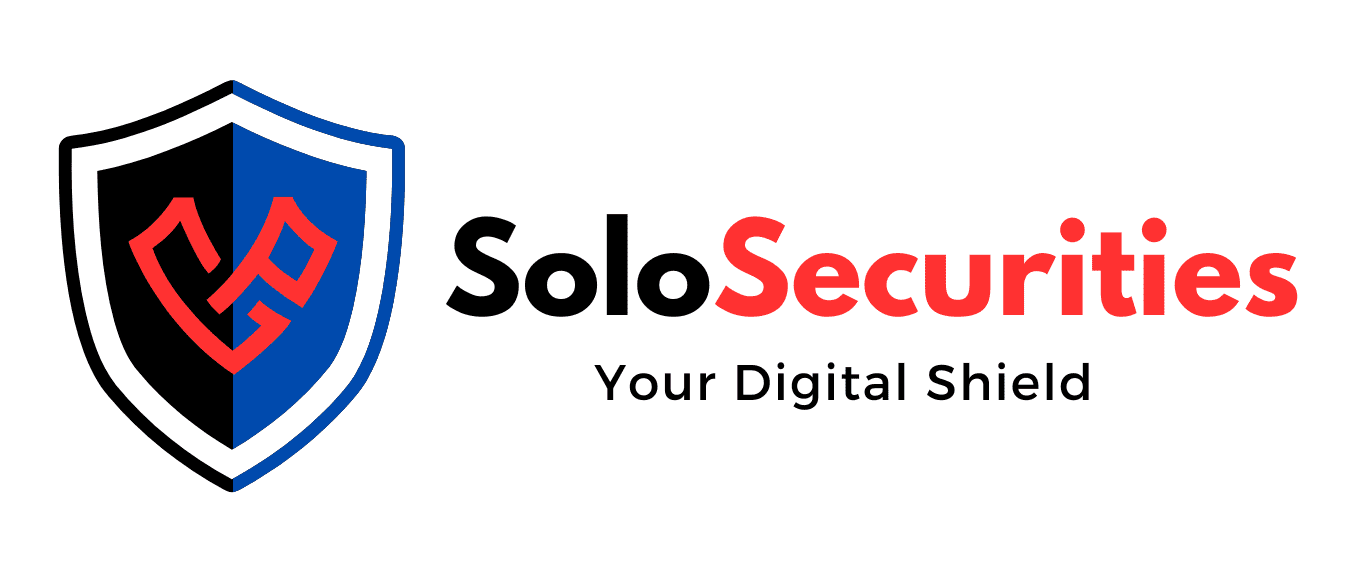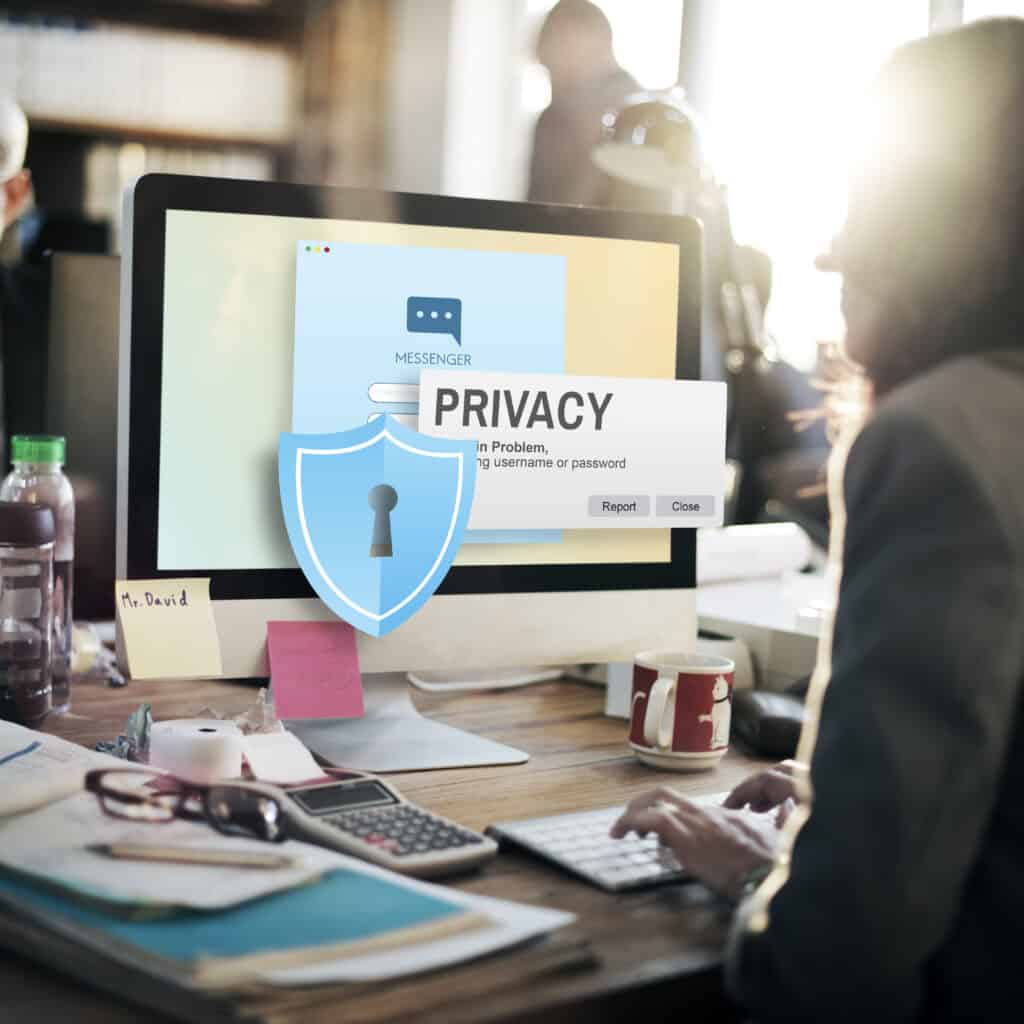
Frequently Asked Questions
We understand that navigating our wide range of services can be overwhelming. To simplify things, we’ve gathered answers to frequently asked questions to help you find the support and service that best meets your needs.
Penetration Testing Frequently Asked Questions (FAQs)
Answers to Your Questions About Penetration Testing.
How often should I run a penetration test?
The frequency of penetration testing varies for each company, depending on its industry and level of appeal to attackers. For businesses engaged in highly sensitive operations, it’s advisable to conduct regular pentests several times a year to stay ahead of the latest attack methods. For less critical industries, a pentest should be performed with each new version release or when significant features are added.
I don’t have sensitive data, why would I be attacked?
Any website can fall victim to cyberattacks, even those without sensitive data. Hackers may be motivated by various reasons, such as practicing their skills, taking control of servers to host malicious content, exploiting them for profit, or simply for amusement. WordPress sites, for example, are among the most frequently hacked. Many of these attacks are automated and target tens of thousands of websites simultaneously, with victims being randomly chosen rather than specifically targeted.
How much does a pentest cost?
The duration and cost of penetration testing depend on the scope and depth of the tests required. Comprehensive, in-depth assessments will naturally take more time and, as a result, require a higher budget.
What are the key differences between a security scan and a penetration test?
Scanner software performs automated security analyses, identifying known vulnerabilities as a basic level of security. In contrast, penetration testing involves both manual and semi-automated methods tailored to your specific technical and functional setup. Pentests uncover issues that scanners may miss, such as logic vulnerabilities, and provide a deeper analysis by exploiting these flaws to evaluate their impact.
What does bug bounty vs. pentest bring?
A penetration test follows a structured approach with a systematic methodology to identify vulnerabilities across the entire system. It has a defined start and end date, and can be scheduled regularly. The client has a designated contact person to discuss findings, corrective actions, and specific risks related to their business.
How do you handle the confidential information discovered during a security assessment?
Confidential information discovered during a pentest by SoloSecurities is neither collected nor stored. It is only included anonymously in the audit report to detail the identified vulnerabilities. Additionally, audit reports are retained by SoloSecurities for a limited time only.
How can we trust ethical hackers?
“Hacking” refers to various techniques that exploit vulnerabilities in hardware or human behavior within IT systems. You can trust ethical hackers by checking their certifications, legal agreements, adherence to a code of conduct, transparency in reporting, and their track record of successful engagements.
At SoloSecurities, our activities are strictly legal and ethical. We perform penetration tests only upon your request, following a formal contract and authorization process. Our tests are conducted from a single IP address, and we ensure your host is informed, providing full transparency and traceability.
How do you present the flaws that you found?
SoloSecurities provides a comprehensive audit report detailing what was tested, the methods used, the vulnerabilities found, mitigation, and how they could be exploited. The report includes screenshots, data extracts, and attack replay scenarios for thorough understanding.
Do you correct the flaws that you find?
The audit report includes technical recommendations for remediation, detailing fixes for each identified flaw, providing developers with actionable insights. SoloSecurities does not implement these fixes but helps your technical team to address them. We offer a follow-up service to verify that the remediation has been applied correctly and ensure it doesn’t negatively impact other system components.
